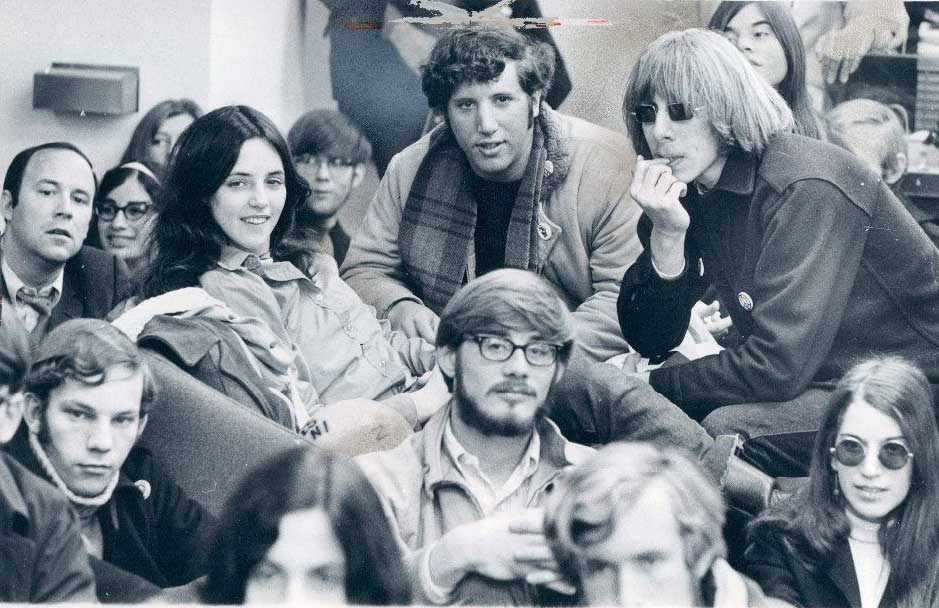Freedom of Speech- Symbolic

Prtests
The Supreme Court has declared that freedom of speech extends to what is called symbolic speech, which refers to action that is meant to convey a message. Thus, the Constitution had been interpreted to protect an individual's right to engage in activities such as burning the American flag.
.
.
In United States v. O' Brien, the Supreme Court ruled that burning a draft card was not a protected act of free speech. A draft was essential during wartime. In the case of Street v. New York, the court overturned the conviction of a man charged with burning a flag. The court held that the burning of the flag was protected under the First Amendment. This was upheld again in Veax v. Johnson. Congress, in response to Texas v. Johnson, passed the Flag Protection Act of 1989. The Supreme Court declared the Flag Protection Act unconstitutional in the case of US v. Eichman. In the case of Tinker v. Des Moines Independent School District, the Court held that a school could not suspend a student for wearing an anti-war arm band. The Court also guaranteed the right of individuals not to participate in a symbolic act in the case of West Virginia School Board of Education v. Barnette. This upheld the right of children of Jehovah witnesses not to salute the flag.
Finally, in the case of Madsen v. Women Health Center (1994), a case that is still being defined, the Court ordered that protesters could be kept a distance from an abortion clinic, since the state's interest in protecting the patients of the clinic could justify its suppression of protest.
 >
>